|
So I have some very exciting news… I will be staying permanently in the DouglaPrieta area because I just received a 7th grade science teaching job in Douglas! I am very excited that God has given me the opportunity to continue working towards positive changes in these border communities that I have grown to love. It has been amazing to see where following God’s will and my own interests has taken me because a year ago I knew nothing about Douglas, AZ and Agua Prieta, Sonora. I feel that I am starting to come to the end of the first chapter of my life on the border, which has been full of lots of challenges, love, community, spirituality and pain. I also feel like the blind man in Mark 8: 22-26 where Jesus spits on his eyes to give him sight and tells him not to go back into the village. Before I began serving as a YAV there were so many things in my own society and personal life that I did not see or chose to ignore, and now Jesus has spit on me through the suffering, pain, joy and love I have witnessed on the border and within the U.S. It has changed me in many ways and given me sight to injustices and my own privilege, and I know that I will never be able to go back to my old self again in the village.
When I refer to my old life self I am really talking about my old way of thinking and blindness to certain injustices and the poor. I was blind to the societal sins and my personal part in systems that deeply entrench racism, inequality, imperialism, injustice and above all cause human suffering in the U.S. and around the world. One of the many things God has spit on me to no longer be blind, is the realities and suffering of those labeled criminals and drug addicts that I had previously learned to fear, discriminate against and not feel compassion for them. Growing up with the privilege of being a white male in a middle-class family in the United States, I was mostly unaffected in the war against drugs and immigration. However, I now realize I was unconsciously affected by what I heard from my own culture, media and the government that criminalizes and demonizes undocumented immigrants and black and Latino males. As a result, I formed unconscious and racial biases against Latino and black males, and a colorblindness and lack of concern for how multiple systems like mass incarceration harm black and Latino minorities, especially in poor communities. However, I feel that God has spit on me to open my own eyes to the realities and suffering of those labeled criminals and drug addicts that I have been taught to fear and not feel compassion for them. As Agua Prieta has a large population of people with drug addictions and people who have been deported from the U.S. for criminal charges I have encountered many men with these labels. I specifically remember one man who had been deported and was trying to cross to be reunited with his family. When I first meet him at the Migrant Resource Center (MRC) I quickly labeled him as a criminal and a person who could possibly be dangerous. I normally feel compassion for migrants at the MRC who risk their lives for a better life or to be reunited with their loved ones. However, this man was from Texas and had certain tattoos I was familiar with in San Antonio that indicated he was probably involved with gang and drug activities. But, he was very talkative and distressed about being separated from his entire family, so I ended up talking with him and hearing a lot of his story. He ended up being a really nice guy, and I had a powerful conversation with him about racism against Latinos and immigrants in the U.S. and his efforts to be reunited with his family. Later, I reflected about how my initial judgement and lack of compassion for this really nice guy was contributing to the system of racism and mass incarceration that imprisons a large number of Latino and black men in the U.S. for drug charges, which allows them to be legally discriminated against in the U.S. or deported as felons. This year on the border I have meet many men through the Migrant Resource Center, CREEDA (a drug rehabilitation center in Agua Prieta), church or at the barber shop who struggle as deported felons of the U.S. or with drug addictions. In fact I have been very surprised to discover how the negative effects (more likely I was just so blind before) of mass incarceration has impacted Agua Prieta. It even affects the work I do in education with kids as a few of the kids involved in my English classes moved from the United States because a parent was deported. Despite, the difficult circumstances that these men and fathers find themselves in Agua Prieta, they have all been extremely kind and humble men who are just trying to support themselves and their families. I have realized that I need to make a conscious effort to make sure that I treat these men with human dignity and compassion because in Agua Prieta many of these men are trapped in mass incarceration and immigration systems where there is no legal means for them to be reunited with their children, moms, dads and extended family in the United States. However, I am really excited to have the opportunity next year to influence and help prevent teenagers from going to prison and using drugs in Douglas and to instead teach them about positive things like science, caring for your community and social justice that can be used to help people and society. I am also excited that Jesus is spitting on a lot people’s eyes in the church and that churches are becoming more aware of how our mass incarceration and immigration systems are destroying lives, families and minority communities in the U.S. And while there is a long way to go into breaking the chains of mass incarceration and the brokenness of our immigration system, I am excited about the impact that the God’s and Jesus’ church can have to seek more justice in these systems. For more information about what PCUSA is doing about mass incarceration you can click on this link. http://www.pcusa.org/news/2015/3/9/presbyterians-respond-mass-incarceration-crisis/
0 Comments
Now that I have led several delegations, I'd like to explain what I actually do at BorderLinks. As many of you know, I lead college, graduate school, and church groups on immersive trips to the border to learn about immigration issues, history, and policy. I have worked with diverse groups from Wisconsin, California, Washington and Colorado. Each group has provided their own challenges and joys. I am grateful to all my delegation participants as each of them has help me grow this year. BorderLinks envisions a world in which people, within and across social borders, respect and care for each other, value and celebrate differences, and build healthy and just communities where everyone has equal opportunity for a full and dignified life. At BorderLinks, we try to do so amplify the voices of individually who are directly affected by immigration. We meet with undocumented immigrants, asylum seekers, day laborers, church leaders, community organizers, and many more to hear their stories, perspectives and learn what is happening in the borderlands. The easiest way is to explain what I do is with photos so here goes! On BorderLinks delegations... We walk migrant trails in the desert in order to get a small sense of what undocumented migrants feel when crossing the border. We learn about the enforcement strategies that have funneled peoples into these harsh terrains and their deadly consequences. We go to Southside Presbyterian Church in Tucson to learn about the Sanctuary movement and attend vigils to show our support for Rosa (middle in black jacket) who is currently in sanctuary there. We talk to Border Patrol or Immigration Customs Control about their work and policies surrounding migration, smuggling, and border security. We meet with migrant-led grassroots groups that are organizing for a variety of goals including decreasing border militarization, ending racial profiling, ending detention of LGBTQ migrants, ending of separate of families, and providing more educational opportunities for undocumented students. We go to border towns like Nogales or Agua Prieta, Mexico where we meet with different organizations who work with migrants in food kitchens, shelters, and churches. We also meet with groups like the cooperative coffee company Cafe Justo or the community organization HEPAC who are trying to improve their communities in order to decrease out-migration. We discuss internal migration and urbanization in Mexico due to an increase in maquilas (factories), free trade policies like NAFTA, and organized crime. Below is a neighborhood of people who moved to Nogales to work at the factories. Much of this land was first occupied by squatters who lived without utilities or much infrastructure. We share meals and conversation with local families in Nogales, Mexico. I lead workshops and reflections to help my delegation participants process what they are seeing and learning. We also discuss how to integrate their experiences on the border with their life at home and devise plans for getting more involved. This is just the tip of the iceberg, but I hope it helps explain what I have been focussing on this year. Delegations can be emotionally, intellectually, and physically exhausting but also extremely rewarding. I enjoy learning and teaching through experiences and hands-on workshops. It has been an honor to facilitate discussions and reflections where my participants open up about their backgrounds and assumptions. The act of being present with people as they reflect on their religion, government, and privilege has been truly eye opening gift. We take selfies.
|
Archives
June 2024
Categories
All
|
Tucson Borderlands YAV
|
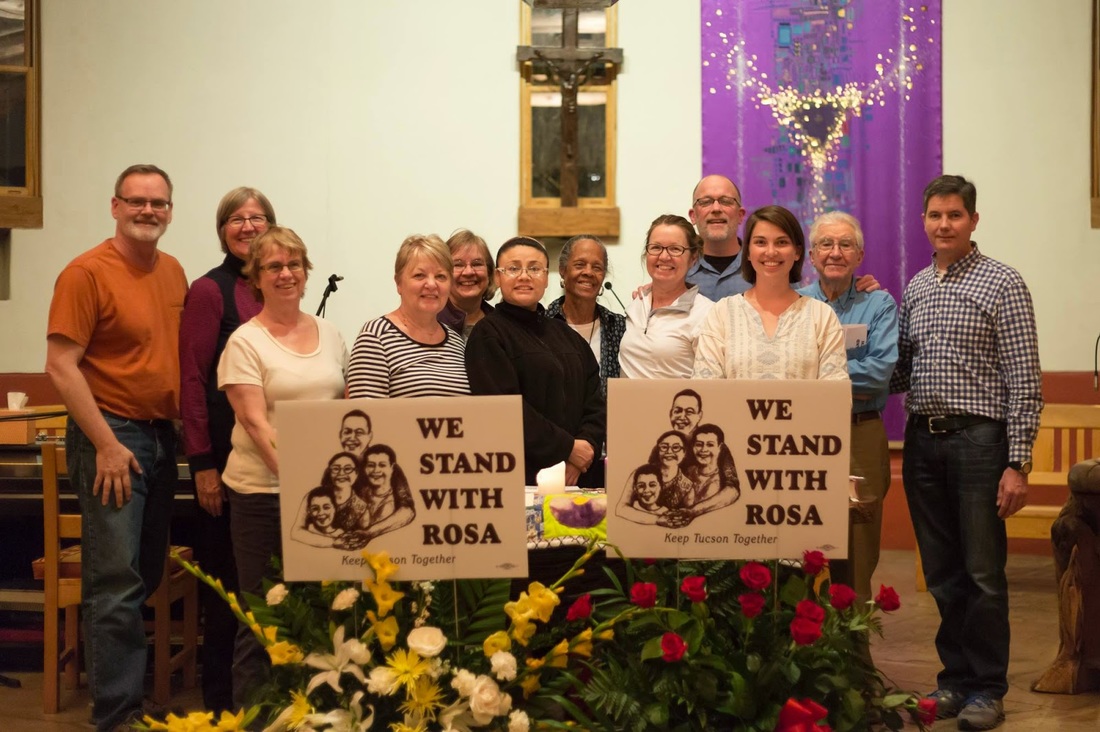
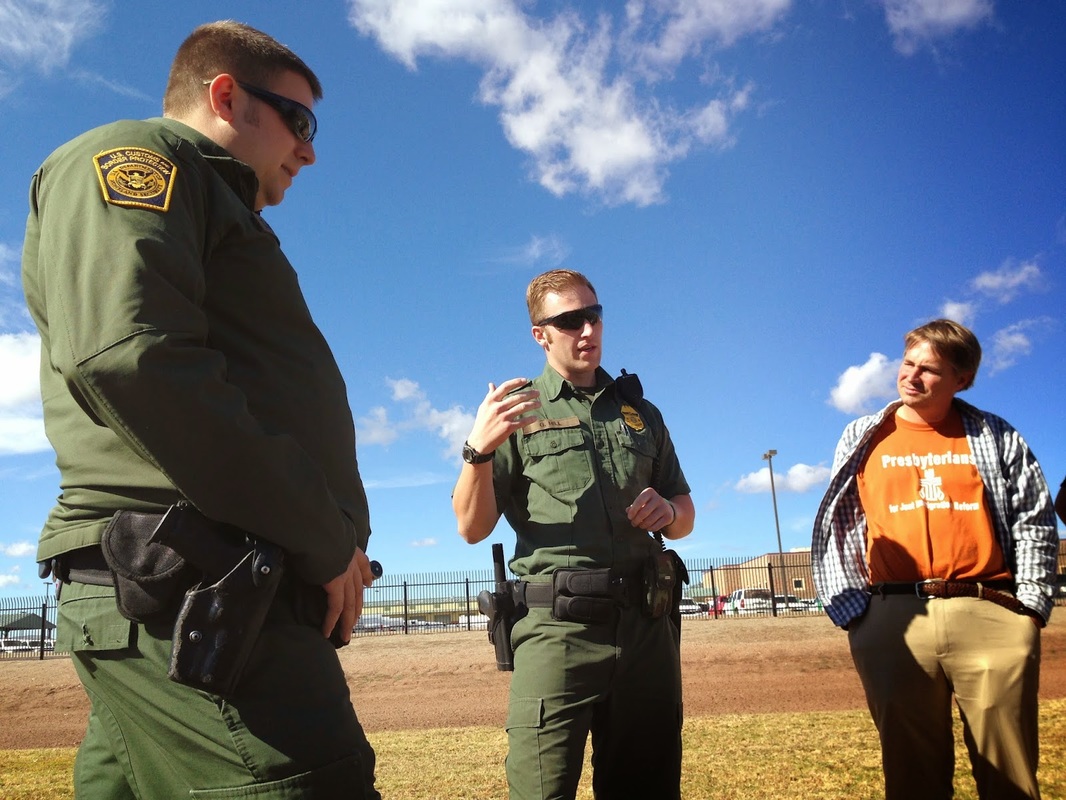
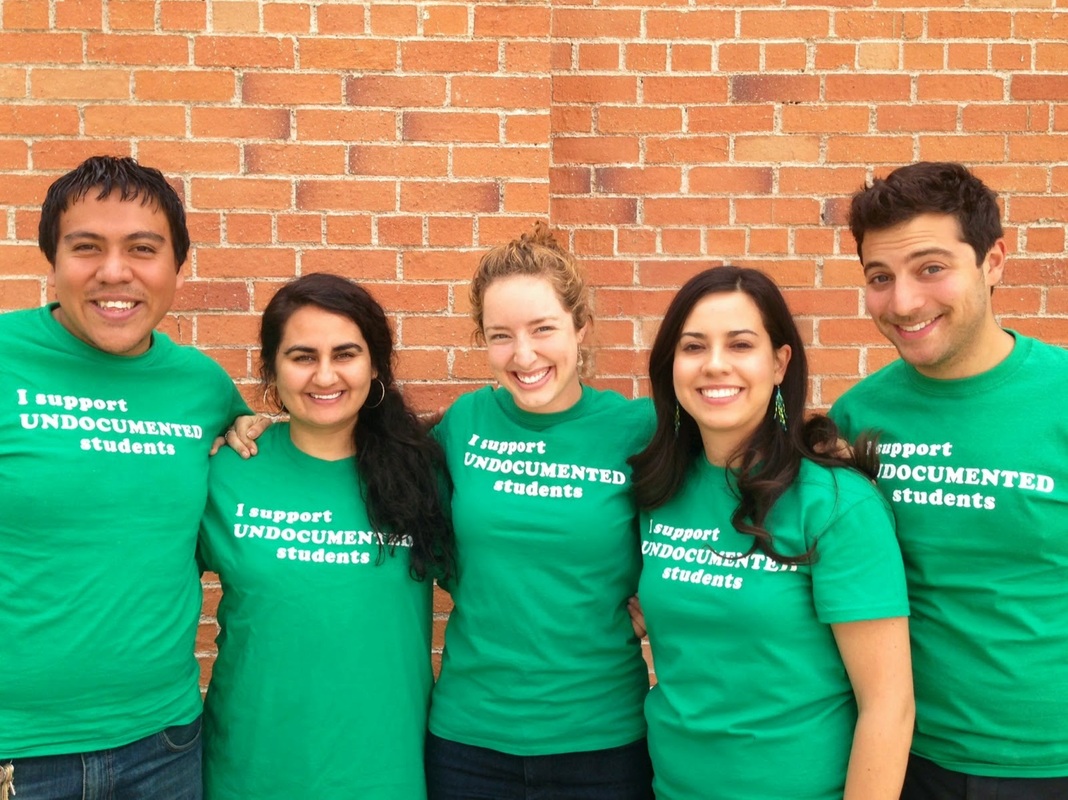
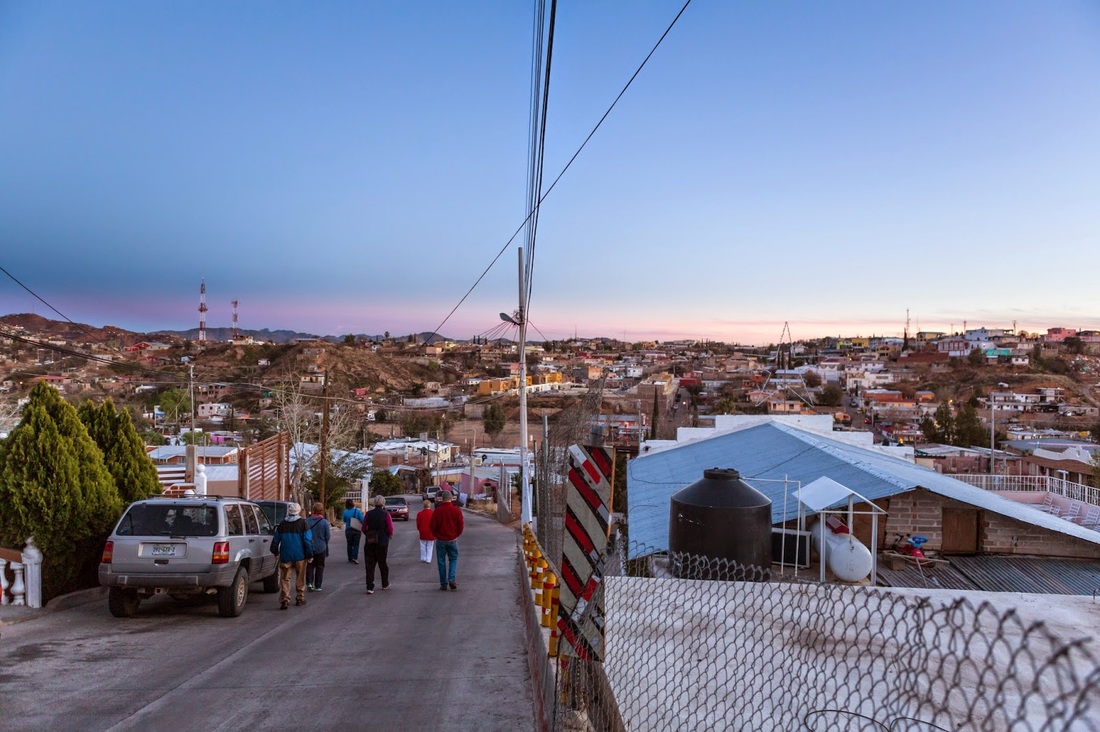
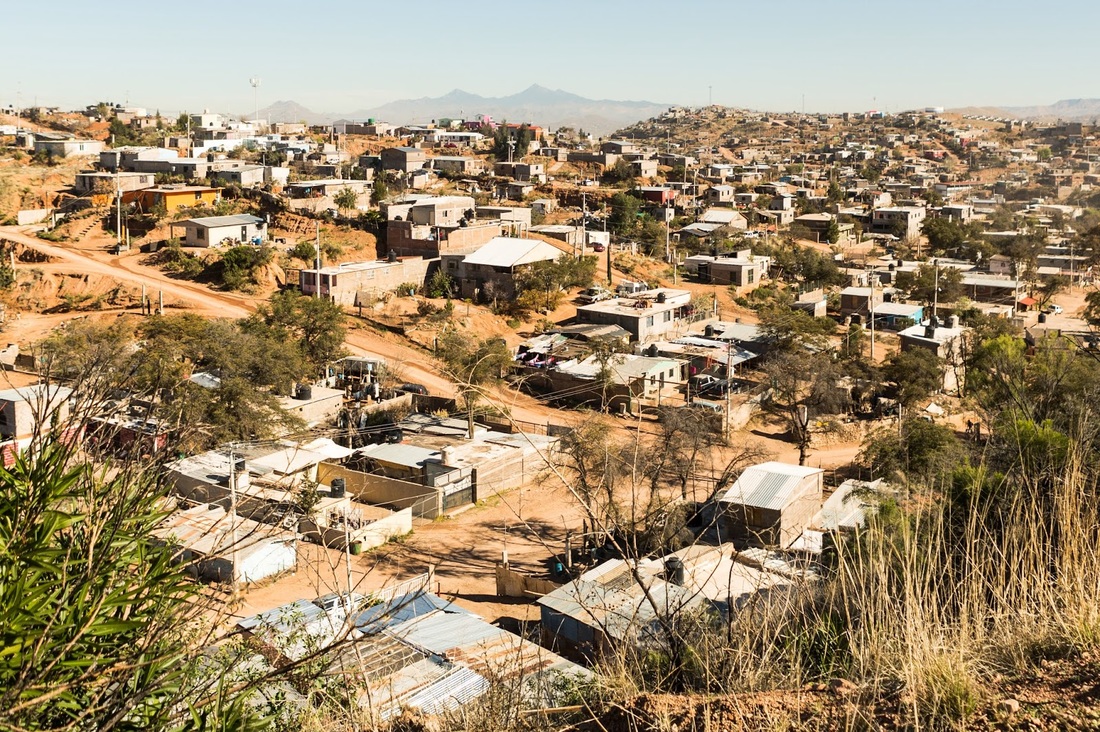
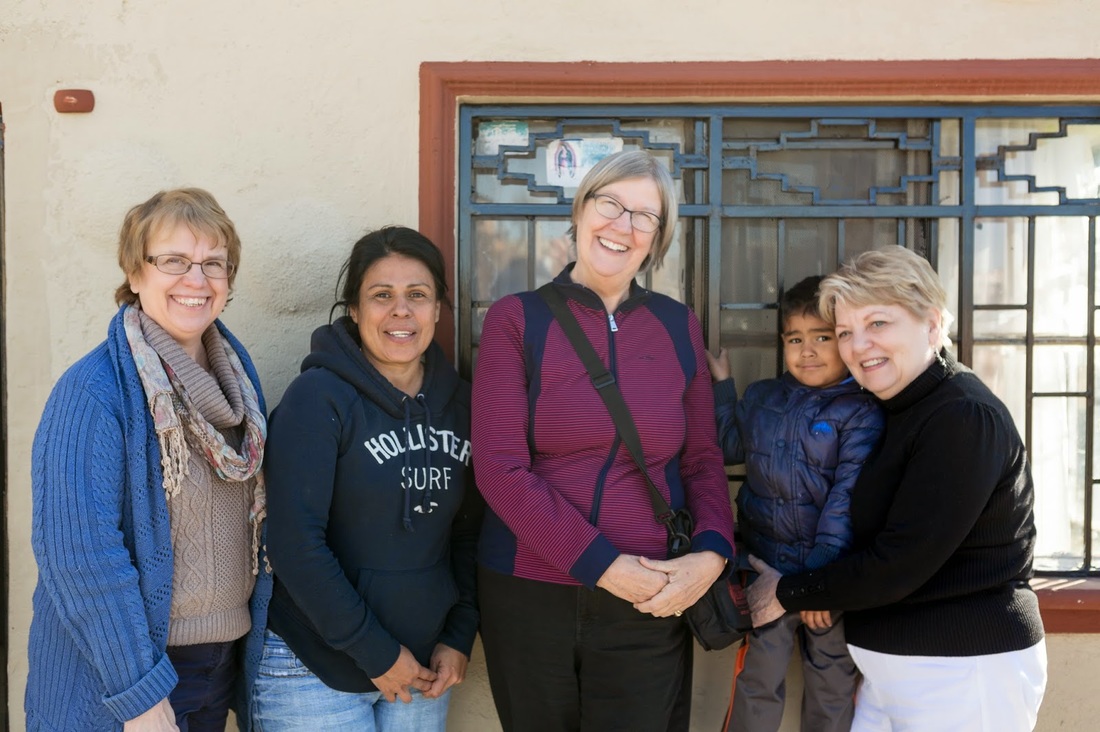
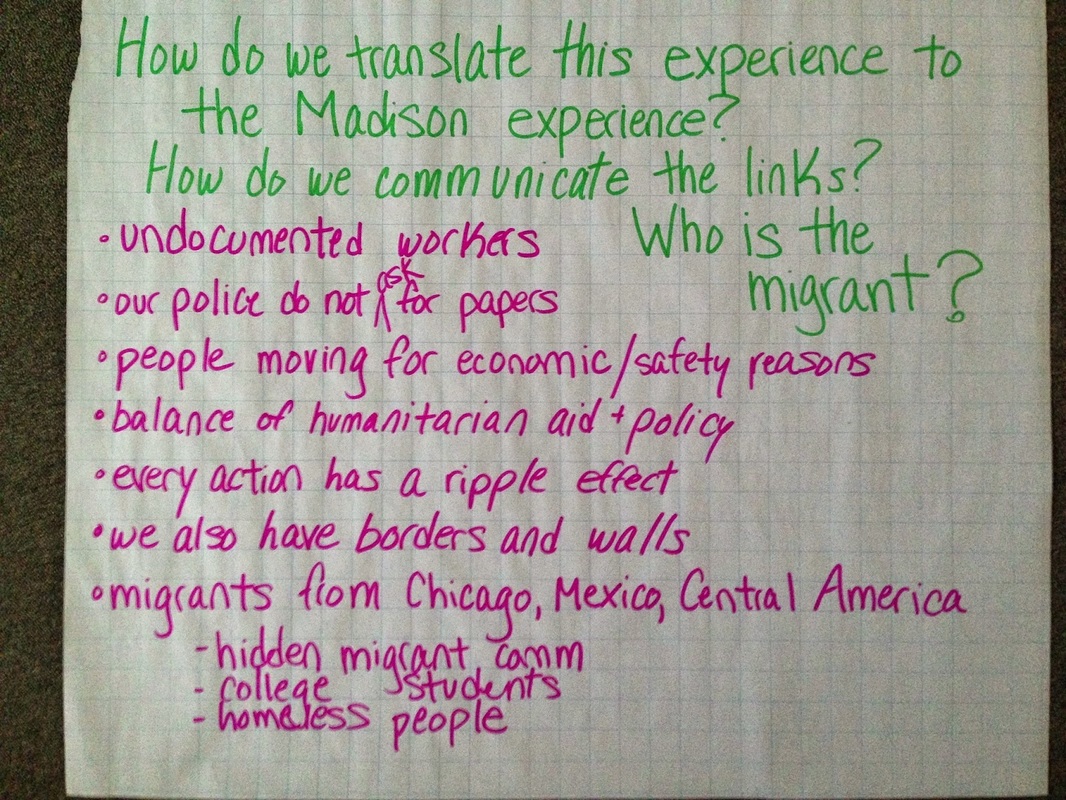
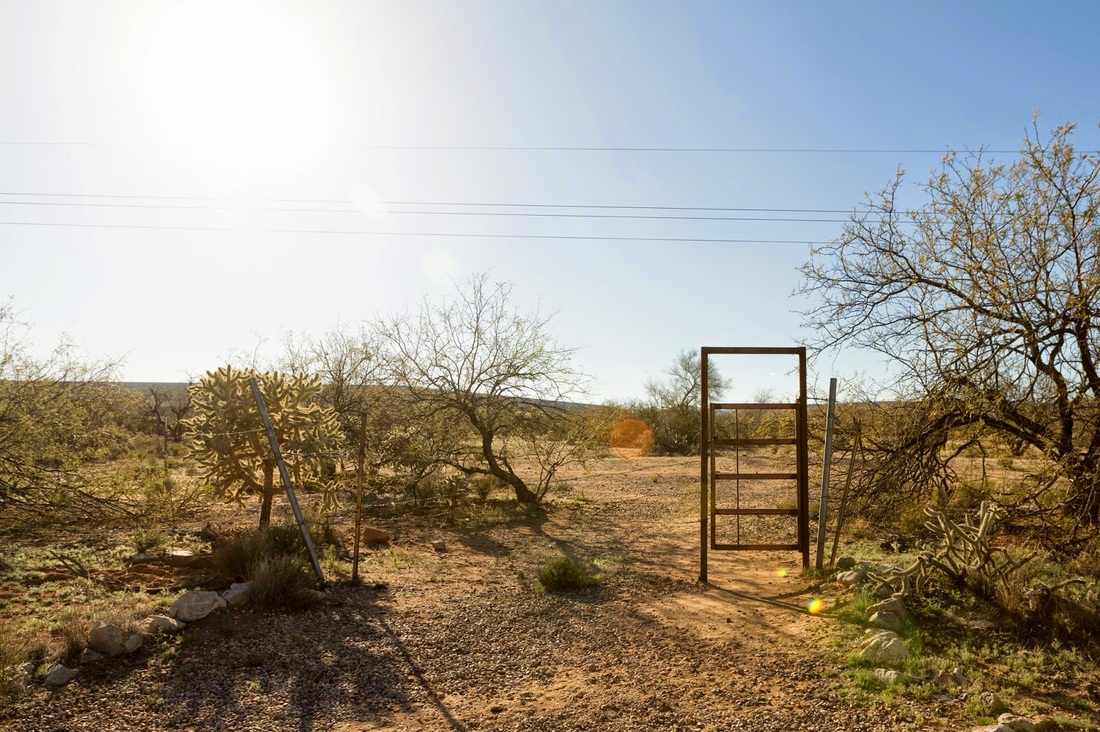
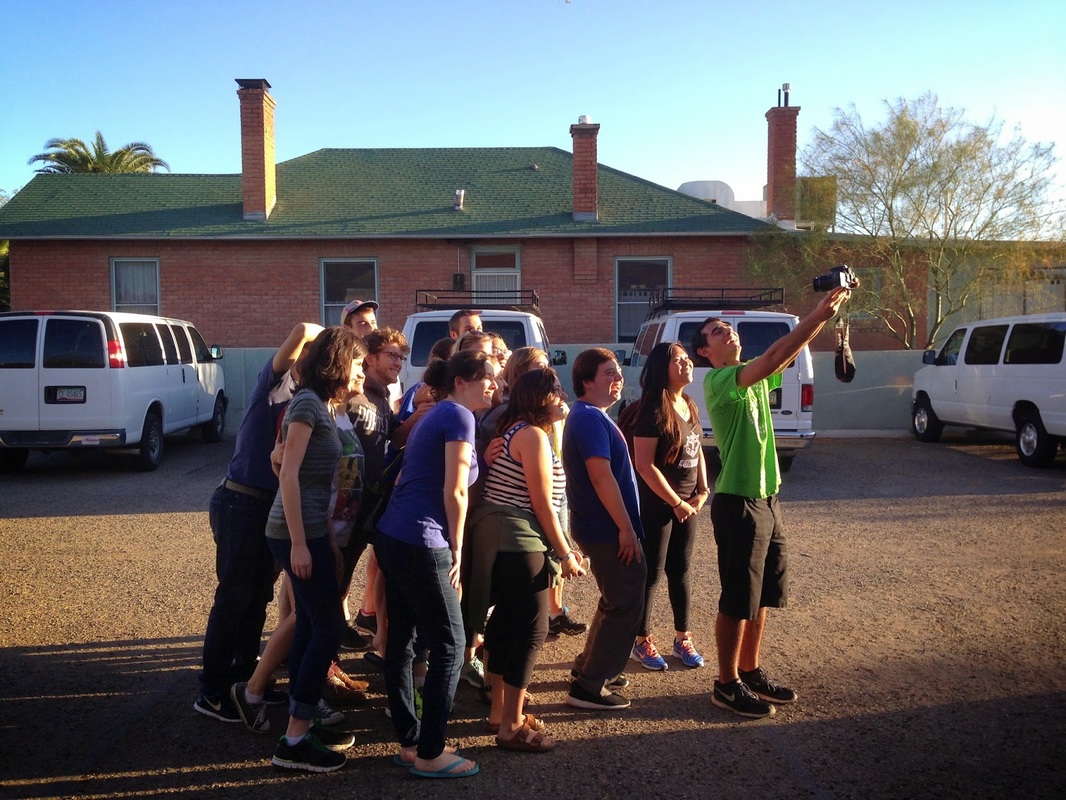
 RSS Feed
RSS Feed
